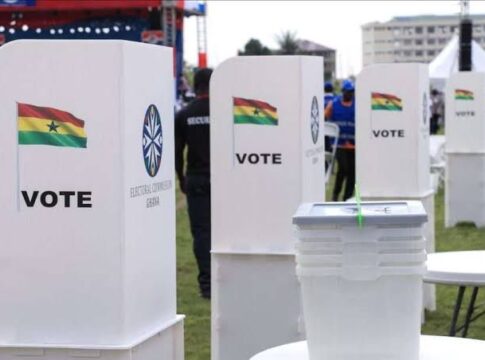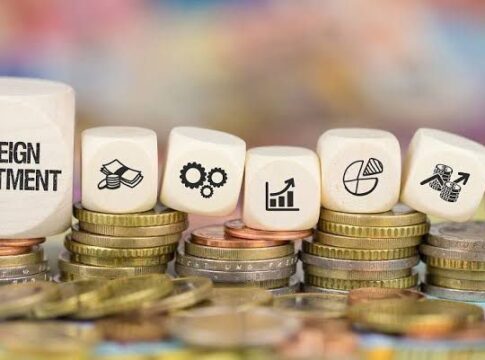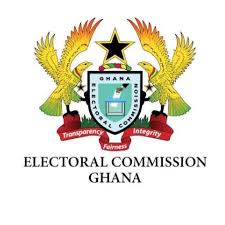Ghanaians cast their ballots in a pivotal election on Saturday, eager for economic recovery after enduring the worst financial crisis in decades. With inflation soaring and a historic debt default in 2022, many voters hope a new leader will guide the nation to stability.
Outgoing President Nana Akufo-Addo, who served the constitutional two-term limit, leaves behind a legacy in Ghana, a top cocoa and gold producer. Former President John Mahama of the National Democratic Congress (NDC) is seen as the frontrunner against Vice President Mahamudu Bawumia of the ruling New Patriotic Party (NPP).
“This election is about reclaiming our economy and rebuilding our nation,” Mahama said after voting in Bole. The 66-year-old has pledged to renegotiate a $3 billion International Monetary Fund (IMF) bailout to ease debt burdens and drive growth.
READ MORE: African Future Leadership Magazine Limited Appoints Amb. Nikisha Daniel to Governing Board
Bawumia, a 61-year-old economist, pointed to signs of recovery, including a 6.9% GDP growth in Q2 2024. “We’ve done the work, and I’m confident the people will vote for continuity,” he told supporters in Walewale.
Calm Yet Tense Voting Day
The Electoral Commission reported a peaceful process, with over 99% of polling stations opening on time. However, isolated incidents of violence were noted, including one fatality. “The process has been smooth overall, with minor challenges addressed promptly,” said Benjamin Bano-Bio, Director of Electoral Services.
Turnout was described as “massive,” with 18.7 million registered voters deciding the fate of the presidency and parliament. Provisional results from key constituencies showed Mahama with a strong lead in urban areas like Accra’s Jamestown, where jubilant NDC supporters celebrated early wins.
Election Results Expected Soon
Some preliminary legislative results were released, with final presidential outcomes anticipated by Tuesday. In Cape Coast North, Mahama secured 25,004 votes against Bawumia’s 14,502. Meanwhile, NDC parliamentary candidates gained an edge in historically competitive districts.
This election could redefine Ghana’s path amid investor concerns over inflation and debt. Voters like Afua Boateng, a street vendor in Kumasi, expressed hope: “We need someone who understands our struggles. Things must get better.”
With the polls now closed, Ghanaians and international observers await the results that could mark a turning point for this West African nation.




